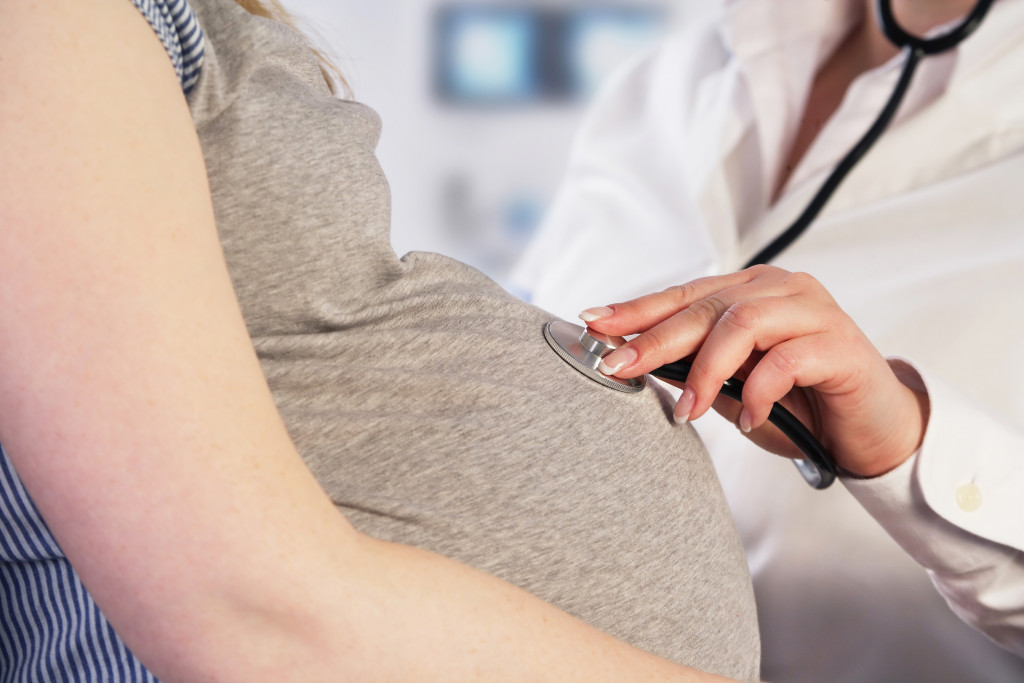Pregnancy is a special time in any woman’s life. As a result, pregnant women need extra care regarding their health. This is especially true regarding medical treatments, as specific procedures can harm the baby. While many medications, treatments, and procedures are safe during pregnancy, the risks associated with some should be thoroughly evaluated by you and your doctor. Here’s what you need to know about pregnant women and medical safety.
1. Medications
When it comes to medications, pregnant women should always consult their doctor before taking anything new. Even common over-the-counter pills can be dangerous during pregnancy, so it’s best to confirm with your doctor first. Some prescription medications may also need to be adjusted or changed once a woman becomes pregnant. Again, this should be discussed with your doctor before any changes are made to ensure the safety of both mother and child.
If you have a chronic condition or require regular medications, you may talk to your doctor about adjusting your dosage or switching to a different medication. This will help ensure that the mother and baby are both safe. You can also ask your doctor if any medicines you take have been studied during pregnancy. The FDA classifies medications that help describe their safety during pregnancy.
If you take any vitamins or herbal supplements, you should check with your doctor first. Many vitamins and supplements can be beneficial during pregnancy, but some may be dangerous. Depending on the supplement, it may be best to discontinue use during pregnancy. Your doctor can help you determine what’s safe and what you should avoid.
2. Medical Procedures
In terms of medical procedures, many are considered safe for pregnant women but still carry some risks. For example, X-rays are generally considered safe during pregnancy as long as certain precautions are taken (such as wearing protective gear). However, due to the risk of radiation exposure, many doctors will advise against them during pregnancy if you can avoid them altogether. Similarly, MRI scans are generally considered safe but should be discussed with the patient’s doctor beforehand.
Pregnant women will also need to check in with their local dentists. Some dental treatments, such as anesthesia, can be dangerous during pregnancy. You should also discuss procedures like dental implants and root canals with your dentist to ensure your and your baby’s safety. If you are pregnant and need to visit the dental clinic, inform them of your condition before any treatment is provided.

3. Vaccines
Pregnant women should also discuss any necessary vaccines with their doctors. Vaccines are essential to keeping you and your baby healthy, but some can pose a risk if taken during pregnancy. It’s best to consult your doctor before getting any vaccines, as they can provide the best advice regarding timing and potential risks.
For one, the COVID-19 vaccine is generally considered safe for pregnant women, though there is still some debate about the best time to get it. Some experts suggest waiting until after the first trimester or when most of the baby’s organs have developed. If you are pregnant and considering the COVID-19 vaccine, you should discuss it with your doctor.
4. Test Results
Of course, medical tests can also be necessary during pregnancy. As such, pregnant women should always review test results with their doctor and ask any questions they may have. This is especially true with genetic tests, which you can use to determine the risk of certain conditions. Many of these tests are considered safe, but you must have an open dialogue with your doctor before making any decisions.
Depending on your circumstances and risk factors, you may also consider additional tests. If your doctor suggests further testing, ask questions and get all the information you need to make an informed decision. Ask your doctor to explain the risks and benefits, as well as any alternatives that may be available. This will help ensure that you and your baby stay safe and healthy.
Communication between patient and doctor is key when it comes to keeping both mother and child safe during medical treatments and procedures. By discussing potential concerns—from medications to X-rays—expectant mothers can rest assured knowing they have taken all necessary steps to ensure their health and the health of their unborn baby. Be sure you understand all your options before making any decisions regarding your treatments or medications during pregnancy; knowledge is power! With the correct information and support from your healthcare provider, you can make informed decisions that will keep you safe while still giving your baby the best possible start in life.

